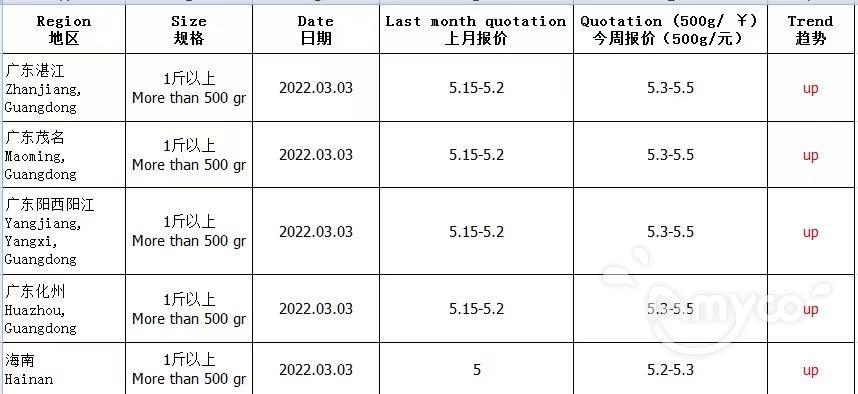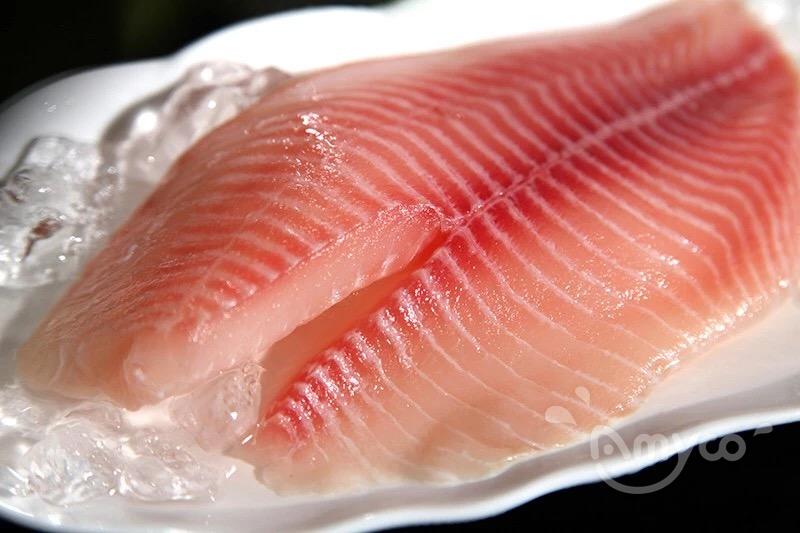Will the US tariffs take effect on August 1st?
U.S. Commerce Secretary Lutnick mentioned in an interview that the United States will no longer extend the reciprocal tariffs that were in place as of August 1st. For global international trade, the import tax rates for the United States from multiple countries are about to undergo a new round of changes.
According to overseas media reports, under the new tariff policy implemented by the United States, it will have a significant impact on the white meat fish market in the United States.
Currently, the top five suppliers of white meat fish to the U.S. market are: China, Vietnam, Iceland, Colombia, and Brazil.
According to data from the International Trade Center (ITC), in 2024, Brazil exported nearly 59 million US dollars worth of products to the United States, mainly consisting of tilapia products. In the first five months of 2025, this export volume has exceeded 32 million US dollars, with a year-on-year growth of 62%.

However, if the proposed tariffs cover the white meat fish category (including the main products of tilapia), the average export price of Brazilian tilapia may increase from 2.7-2.9 US dollars per kilogram to 4 US dollars per kilogram. This will prompt US importers to reconsider adjusting their purchasing plans, severely undermining Brazil's competitiveness.
Currently, the United States has not specifically announced which goods from Brazil will be subject to taxation. However, as white meat fish is an important component of Brazil's exports, the possibility of being affected is relatively high overall.
Currently, based on the content of the China-US tariff negotiations, China is still highly likely to maintain its tariff extension. According to data from the International Trade Center (ITC), in the first five months of 2025, China exported 368 million US dollars worth of white fish (mainly tilapia) to the United States.





